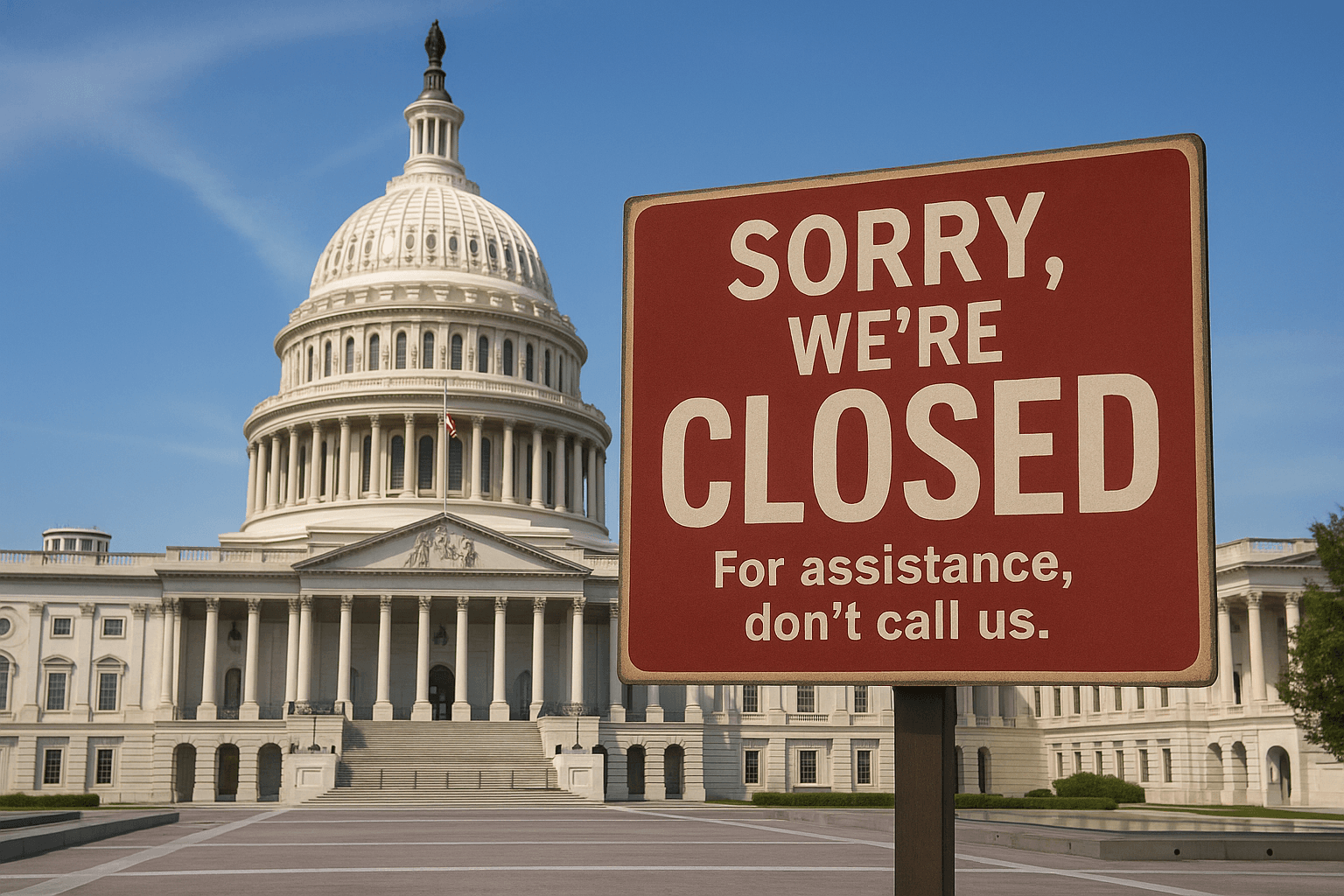Fundamentalism and Shigalyovism in the Age of ISIL

"I beseech you, in the bowels of Christ, think it possible you may be mistaken.”—Oliver Cromwell, in a letter to the Church of Scotland
"We must mistrust utopias: they usually end in holocausts."--Mario Vargas Llosa, "Sartre, Fierabrás, and Utopia"
One of the greatest satiric characters in all of literature is Dostoyevsky's Comrade Shigalyov—a member of the revolutionary cell at the center of Demons (variously translated as Devils and The Possessed). Shigalyov is an atheist, an anarchist, a scientific rationalist, and a would-be revolutionary. He knows exactly what needs to be done to create Utopia, and he is writing a book to prove it.
Before finishing his book, though, he needs to decide exactly how many people will have to be killed to bring about the perfect society. He settles on the nice round figure of 100 million. A steep price, he acknowledges, but a necessary one. “However you try to cure the world,” he tells his comrades, “you’re not going to cure it, but by radically lopping off a hundred million heads.” Utopias cannot be purchased on the cheap.
Shigalyov has often been seen as a critique of atheism, or of anarchism, or Marxism, or any number of other –isms. But Dostoyevsky deserves more credit than that. Shigalyovism critiques them all—and it savagely parodies ideologues, both religious and irreligious, who hold so firmly and uncritically to their beliefs that they can think casually about mass slaughter in the name of whatever perfect world they think they are creating.
Dostoyevsky’s novel has been on my mind a lot over the past few weeks, as Islamic ideologues in Iraq and Syria put their own brand of Shigalyovism into practice, and various ideological purists in the United States continue to remind us why fundamentalism of one kind is a very bad way to combat fundamentalism of another.
Two recent responses leap out from the others in this regard. In the first, Oklahoma State Representative John Bennett called American Muslim’s “a cancer in our nation that needs to be cut out.” According to Bennett, a Christian Fundamentalist, Islam has no place in a free society, and the world would be a better place if Muslims all converted to Christianity or ceased to exist.
The second response comes from the noted atheist author, Sam Harris. In a recent blog post, Harris, restating arguments from his book The End of Faith, argues that the problem is not Islam per se. The problem is religion generally, which is nothing but irrational superstition and excuses to commit violence. The world, Harris concludes, would be a much better place if all religious people became atheists so we can get on with the post-religious society that honors the dignity of all people.
Like Shigalyov and the bearded fanatics of ISIL, Bennett and Harris are fundamentalists. Though they differ in tactics, they all believe absolutely in an ideology that tells them that the world can be better if certain ideas—and the people who hold them—disappear.
This is not to say that Sam Harris wants to kill a hundred million people (I’m quite sure that he does not). Fundamentalism is compatible with democratic values and liberal societies as long as it restricts itself to trying to persuade other people in a free market of ideas.
But when persuasion doesn’t work—and there will always be times when persuasion doesn’t work—fundamentalists must either figure out a way to live with those they see as roadblocks to a better world, or they must figure out a way to get rid of them. Unfortunately, the short and bloody history of our species shows us that, when fundamentalists of any stripe gain access to the coercive mechanisms of the state, they invariably use those mechanisms to do the latter.
For believers and non-believers alike, the cure for fundamentalism is skepticism. It doesn’t have to be a lot; a little doubt will do. For believers, this means accepting some slight possibility that the God they believe in might not exist. For nonbelievers, it means accepting a similar possibility that some god might.
Even a vague suspicion that we might be wrong about something can serve as a basis for humility and tolerance. Humility and tolerance, in turn, allow human beings to live together despite their differences. Those who refuse to take Cromwell’s advice to the Scottish Church—to “think it possible that you may be mistaken”—are destined to spend their lives chasing after utopias that, if they ever find, will look suspiciously like holocausts.



